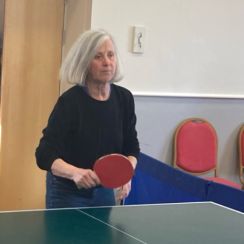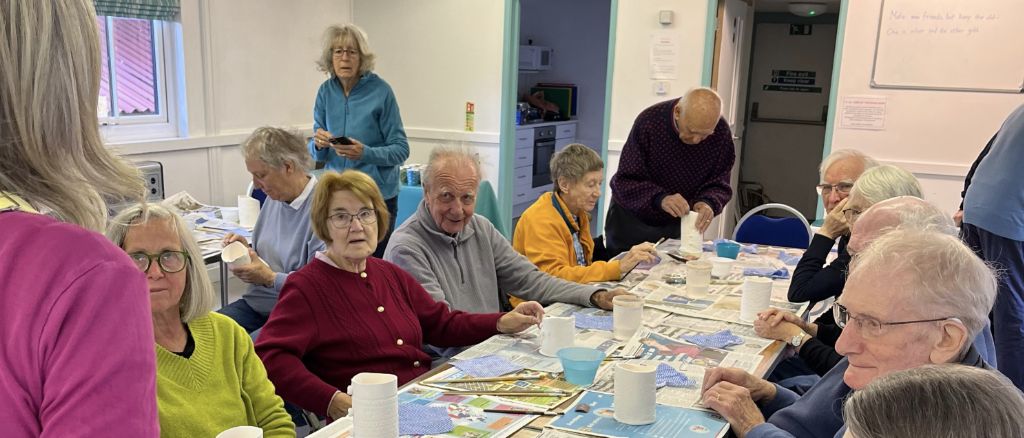Become a donor to Dignity in Dementia
We’re here to help people affected by dementia feel included, happier and less stressed. Indeed, they frequently tell us that we make a hugely positive difference to their lives.
Our activities are free to attend but they are not free to provide. Therefore, if you are able to support us, we would very much appreciate it. You can either make a one off or a regular donation.
Make a donation
Select either a one-off or monthly donation then choose the amount you wish to donate or a custom amount.
You wil then be transferred to our secure payment provider Stripe in order to complete your payment before returning to this webite.
If you have any problems with this form please get in touch with us to arrange an alternative donation method.
Thank you for considering donating to Dignity in Dementia.
Choose an amount to donate
Two examples of the impact of our work

Person with Dementia
John, who is very sociable, was diagnosed with dementia several years ago. He attends several Dignity in Dementia activity groups including table tennis, and ‘Woodland Fun’. John absolutely loves getting involved and spending time with others. Unfortunately, as his short-term memory is greatly affected, he quickly forgets what he has done, but everyone can see what a great time he has with us, as he smiles so much. The good feelings he experiences then set him up for the rest of the day when he is at home.

Family carer
Jane, who supports her husband Bill who has Parkinson’s dementia, first got involved with Dignity in Dementia after a Behaviour Support visit. She was encouraged to bring Bill to some of our activities and now they both regularly join us for walks and attend our table tennis sessions. Bill also attends our ‘Woodland Fun’ sessions with a paid carer, which enables Jane to have some important time to herself. Jane says that Bill’s mood has improved drastically since he first got involved with us and of course when he is happy, she is happier too. She also says that she finds the groups extremely supportive and appreciates spending time with others who understand their situation. Therefore, she feels much less isolated than she first did after Bill received his diagnosis.
